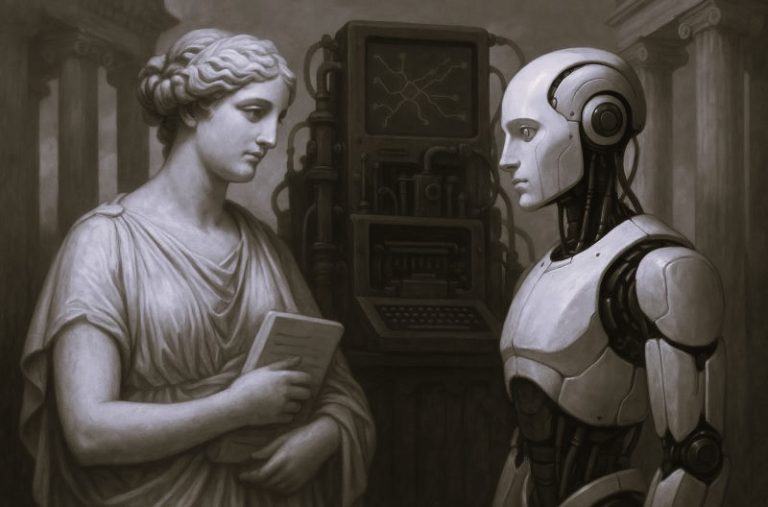

For decades, “common sense” has been a convenient framing for conservative ideas.

By Simon Brown
PhD Candidate in History
University of California Berkeley
In 1978, Bill Brock founded the “almost scholarly” journal Common Sense under the auspices of the Republican National Committee, which he chaired. The journal gathered together young political operatives and sympathetic social scientists to issue conservative policy proposals. Two years later, as Ronald Reagan prepared to enter the White House, Democratic Senator Daniel Patrick Moynihan pointed to Common Sense as proof that the Republicans had successfully established themselves as the “party of ideas.”
For decades, “common sense” has been a convenient framing for conservative ideas, in contrast to the dangerous and alien notions favored by a liberal intellectual elite. The label hides a more complicated picture. While conservative intellectuals present their ideas as straightforward and natural, they hold onto the trappings of erudition—and maintain a specific canon—in their own counter-institutions. Higher education, they believe, should remain an exclusive undertaking.
Conservative hostility to perceived academic trends is being put to new use as Republicans pursue state and federal legislation that targets teaching they associate with “critical race theory” (the Claremont Institute has devoted a number of essays to the topic). Most of the proposals that have gained traction at the state level are focused on high school education. But in March, Arkansas Republican Senator Tom Cotton introduced legislation to ban any teaching of critical race theory in the U.S. military.
READ ENTIRE ARTICLE AT DISSENT MAGAZINE






